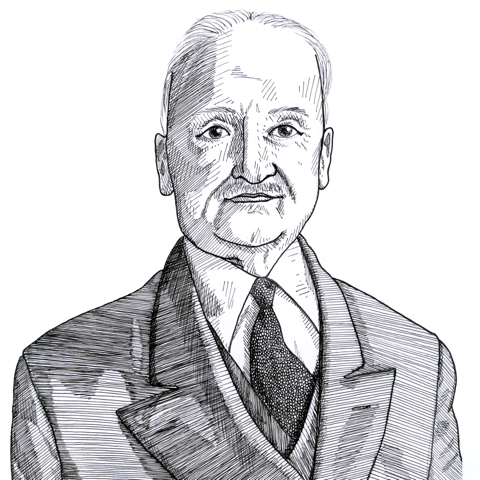
Mises on cosmopolitan cooperation and peace (1927)
Found in: Liberalism: The Classical Tradition (1927) (LF ed.)
The Austrian economist Ludwig von Mises (1881-1973) was no advocate of “Germany or Austria First”. He preferred instead a “cosmopolitan and ecumenical” liberalism and humanism:
War & Peace
The ultimate ideal envisioned by liberalism is the perfect cooperation of all mankind, taking place peacefully and without friction. Liberal thinking always has the whole of humanity in view and not just parts. It does not stop at limited groups; it does not end at the border of the village, of the province, of the nation, or of the continent. Its thinking is cosmopolitan and ecumenical: it takes in all men and the whole world. Liberalism is, in this sense, humanism; and the liberal, a citizen of the world, a cosmopolite.